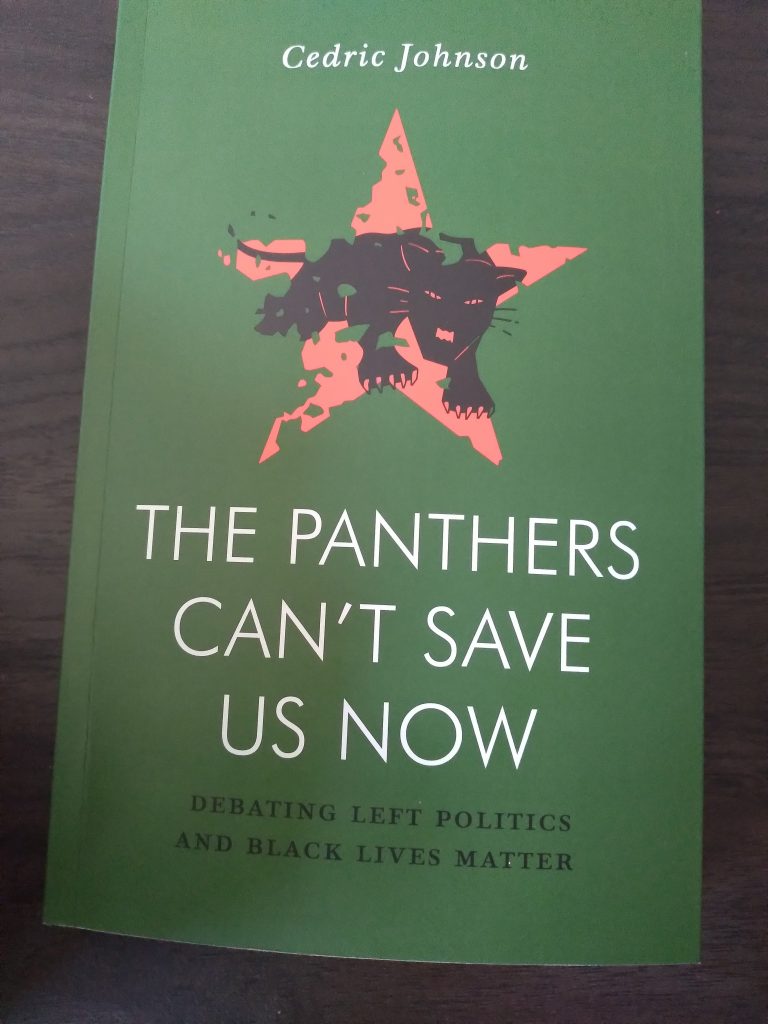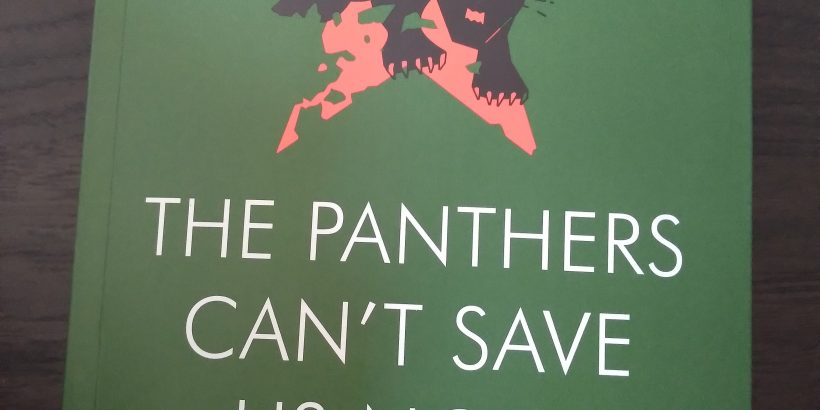
By Marc W. Polite
The scholarship of contemporary Black politics in the United States seems to be uniform in its approach. The discussion around anti-racism and the writings that have emerged to put forth that outlook have gone mostly unchallenged.
The socio-historical moment that Black politics finds itself in two years after the uprisings in the aftermath of George Floyd’s murder is muted. It’s almost as if it never took place.
Despite all of the demands made by movements challenging racism, there’s very little tangible, long lasting progress that resulted from it. Why is that?
Cedric Johnson posits an answer to this question in his latest book- “The Panthers Can’t Save Us Now”
The reader has to look past the sentiments that the title alone can raise. Taken at face value, the book could be perceived as disrespectful towards the legacy of the Black Panther Party. However, upon deeper investigation, the reader will see that Johnson has crafted an argument not against the BPP, but the current movements that take up the radical mantle without an intricate understanding of class politics in the Black community.
Make no mistake: The Panthers Can’t Save Us Now is a polemical book. The central argument made by Johnson is that a broad based class politics is the way forward, as opposed to a revitalized Black Nationalism.
Leaving room for scholars to respectfully disagree, Johnson makes his case with citations of key points in American history. Daring to push against the contemporary orthodoxy of anti racist scholarship, Johnson also makes a cogent argument advocating the necessity of reviving the labor movement.
The Panthers Can’t Save Us Now is an interesting and necessary read for anyone who wants to wrestle with the implications of modern day progressivism. It points a way forward, when so many contemporary views appear to be caught in a perpetual feedback loop.
